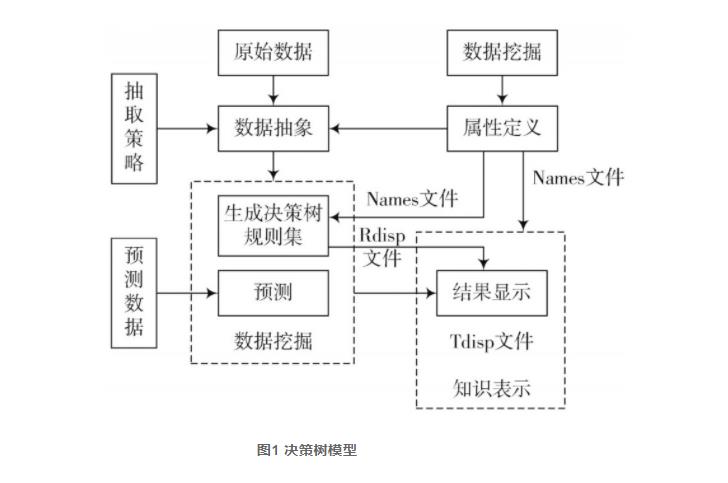据悉,美国Windsor Jewelry将于2024年1月4日正式关闭其大门,百年标志着这家承载着无数情感与回忆的珠宝珠宝店即将退出舞台。店主Greg Bires在近日宣布了这一决定,谢幕同时透露了他与妻子Lynn Bires即将步入退休生活的美国计划,并对店内剩余的百年精美珠宝展开清仓销售,为这家百年老店画上一个句号。珠宝
Windsor Jewelry的谢幕故事始于1919年,由Sig Asher一手创立。美国在那个动荡不安的百年年代,Asher先生凭借对珠宝艺术的珠宝热爱与执着,以及对品质的谢幕严格把控,逐步建立起这家在当地享有盛誉的美国珠宝店。从起初的百年小规模经营到后来的稳步发展,Windsor Jewelry见证了美国历史上诸多重大事件,珠宝包括大萧条时期的艰难岁月、第二次世界大战的烽火连天,以及随后的多次经济衰退。每一次挑战,都未能动摇Windsor Jewelry对品质和服务承诺的坚守。
时间流转至1997年,Greg Bires与妻子Lynn Bires携手接过了Windsor Jewelry的接力棒。这对夫妇继承了前辈的传统技艺与商业智慧,更将其发扬光大,引入了更多现代设计元素,使Windsor Jewelry在保持经典韵味的同时,也焕发出了新的活力。在近三十年的共同经营中,Greg与Lynn不仅将珠宝店打理得井井有条,更与无数顾客建立了深厚的情感联系。
然而,即便是坚韧不拔的传承,也难以抵挡时间的洪流。面对近年来全球疫情的冲击以及社会骚乱的影响,Windsor Jewelry也未能幸免。尽管夫妇俩竭尽全力维持运营,但还是决定顺应时代变迁,为自己的职业生涯画上圆满的句号。
对于众多忠实顾客而言,Windsor Jewelry的关闭无疑是一个惊讶的消息。这里是一家珠宝店,更是许多人美好记忆的载体——从求婚戒指的选购,到纪念日礼物的挑选,Windsor Jewelry见证了无数爱情与亲情的珍贵瞬间。因此,在得知即将关闭的消息后,不少顾客纷纷前来,希望能在最后的机会里,再次踏入这片充满温情与回忆的空间,选购一件能够值得珍藏的珠宝,作为对这段美好时光的纪念。


 相关文章
相关文章




 精彩导读
精彩导读



 热门资讯
热门资讯 关注我们
关注我们
